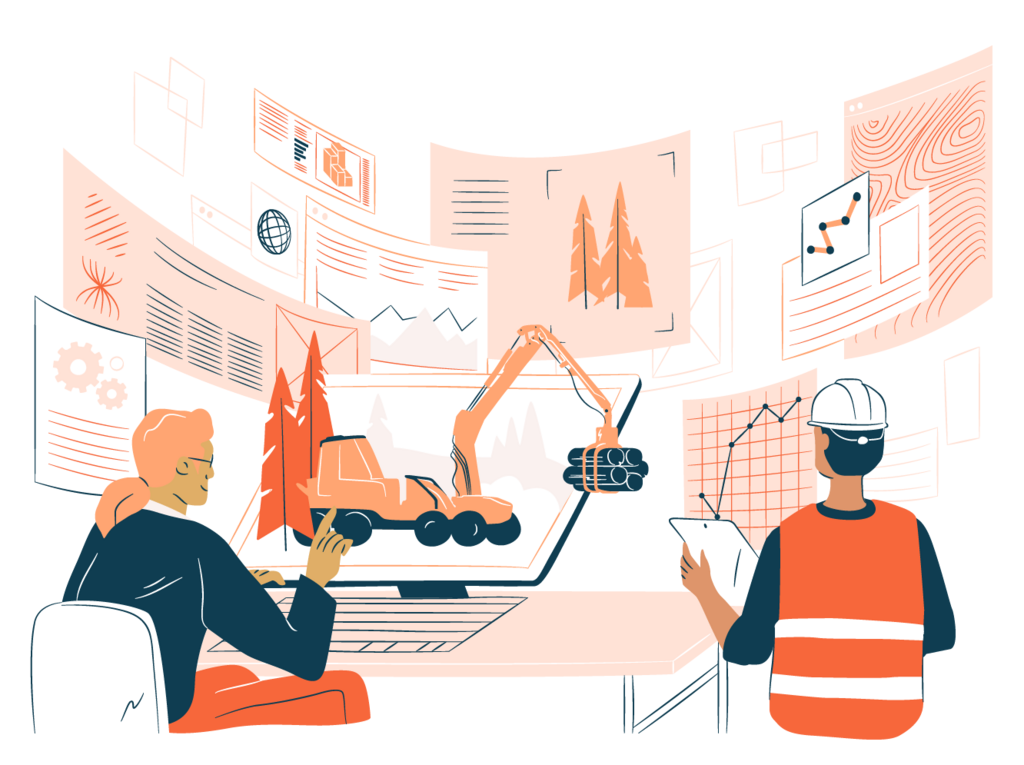The European Accessibility Act extends accessibility requirements to the private sector as well. It’s time to roll up your sleeves, as the implementation of the directive begins in June 2025. Do you know how the law defines online shopping, for example?
European Accessibility Act in a nutshell
Many people think that accessibility requirements only apply to the public sector. However, this is not the case. With the Accessibility Act, the most important services and products for consumers must be made accessible, regardless of whether they are provided by the public or private sector.
Products and services within the scope of the act in the EU must be accessible, even if they come from outside the EU. Additionally, the Accessibility Act also affects public procurement. All this makes accessibility a clear competitive advantage for services or products intended for the EU market. If a service or product does not meet the requirements, the market surveillance authority can remove it from the EU market.
The Accessibility Act does not cover B2B services or products, nor does it apply to micro-enterprises (fewer than 10 persons and an annual turnover or balance sheet total not exceeding €2 million). However, even micro-enterprises should consider accessibility before growing beyond the significant threshold!
The customer chooses the service they can use and understand. Is that service yours or your competitor’s?
Do your services fall under the scope of the European Accessibility Act?
The EAA covers, among others, the following products and services:
- Online shops
- Telecommunications and communication services
- Passenger transport: websites and mobile applications, electronic tickets and their purchase, real-time travel information
- Consumer banking services
- E-books and software for their use
- Computers and operating systems, smartphones, devices used for audiovisual media services, e-book readers
- Self-service terminals, such as payment terminals, ATMs and ticket machines
The term online shop covers a wide range of functions, and therefore it is one of the broadest areas of the Accessibility Act. Did you know, for example, that money does not always have to move in an online shop?
Simply put, an online shop involves making an agreement to purchase a service or product via an online service or mobile application. An additional requirement is to provide information about the accessibility and usability of products and services, if the importer or manufacturer has provided them properly.
All the other aforementioned areas have their own definitions in the law, and some also have additional requirements.
Accessibility is not just about formal compliance with the law or important corporate responsibility; it also brings significant competitive advantage. We will write more about this in our next blog post!
Do you need support in implementing accessible services? Contact us and make your company a leader in accessibility!
Make ongoing accessibility part of service development
Accessibility work should not end with an audit. Accessibility starts at the design table, and it is also an essential part of functional design systems. Accessibility thinking must be embedded in all phases of work, from design to testing practices.
Our experienced, IAAP-certified accessibility experts support our clients, especially in building digital service accessibility as well as planning accessible procurements and product specifications. When developing a service, both technical and cognitive accessibility must be taken into account, and this is where our experts excel.
Our accessibility experts work closely with UI/UX designers, content designers and developers. In addition to ensuring compliance with implementation standards, our primary goal is to create user-friendly and human-centred services for everyone.



